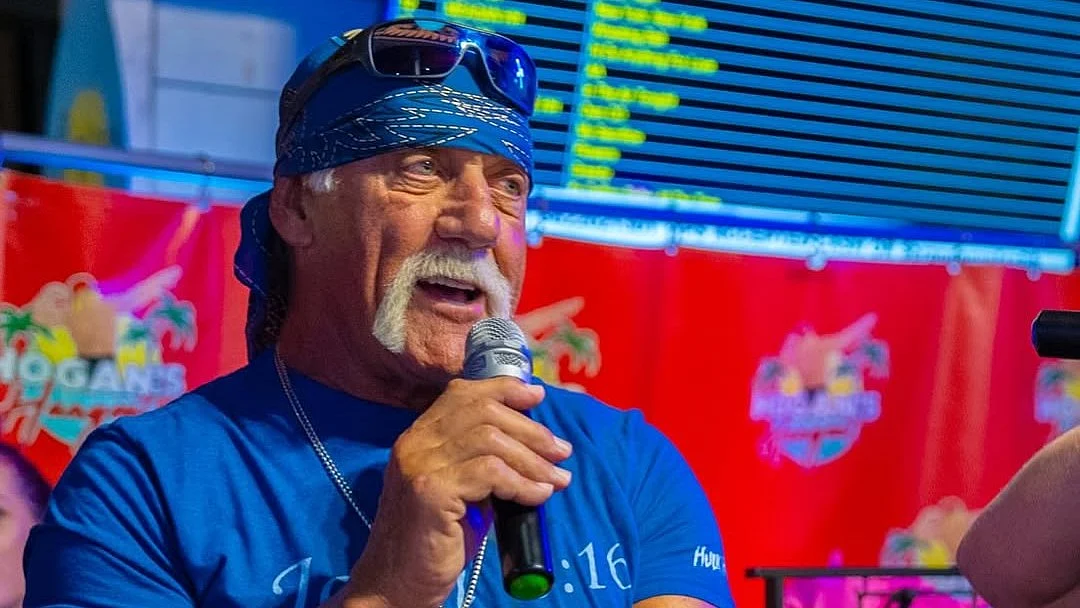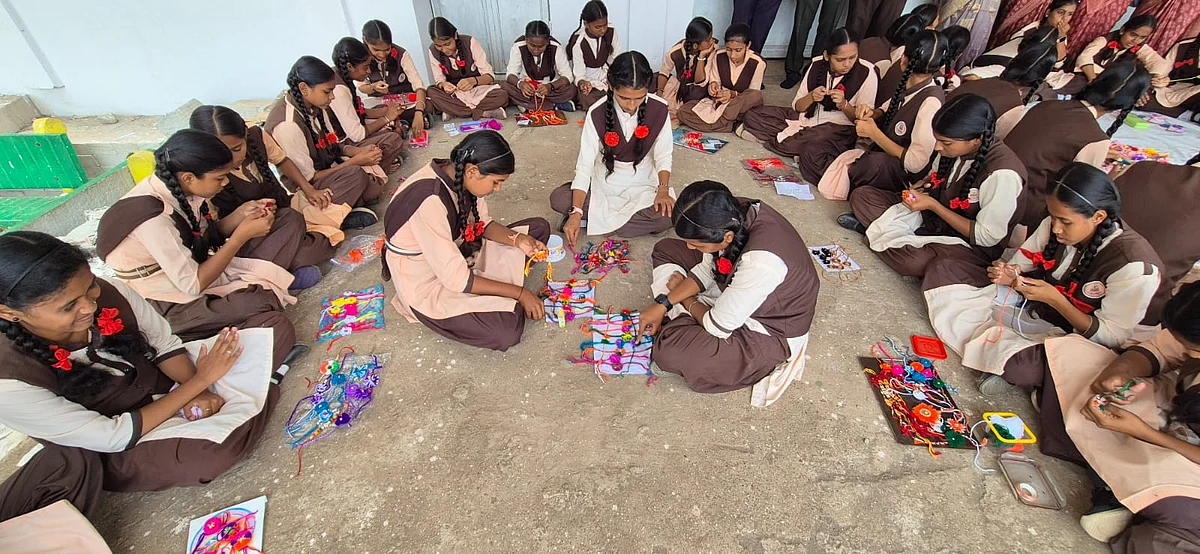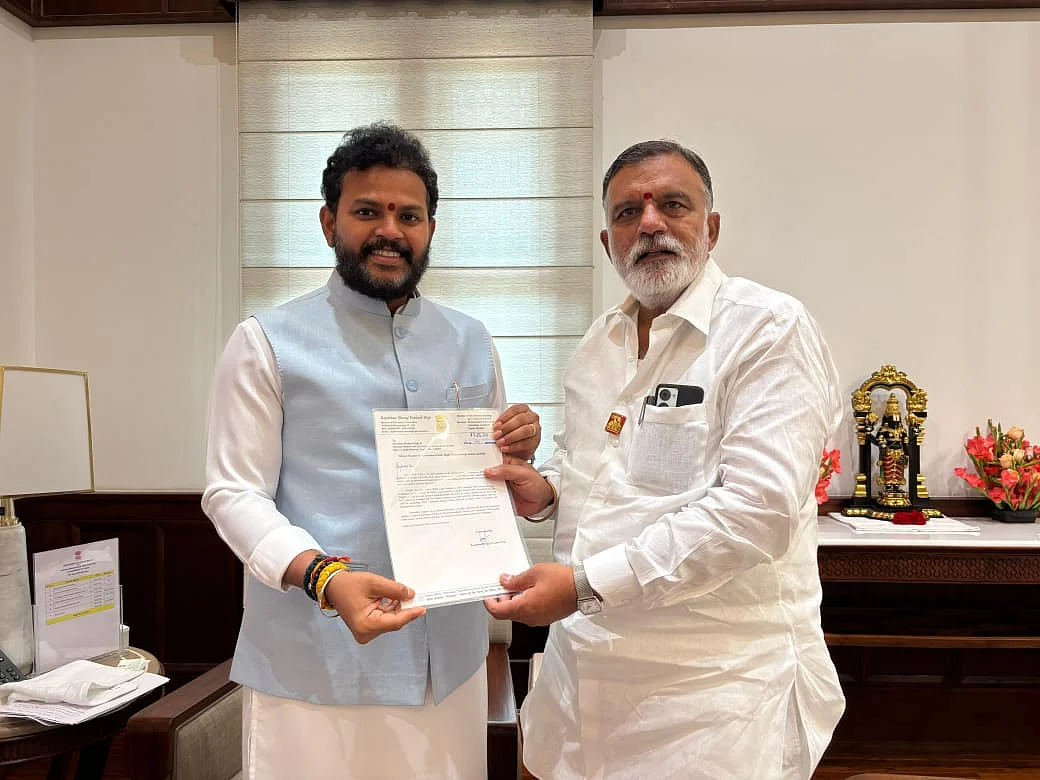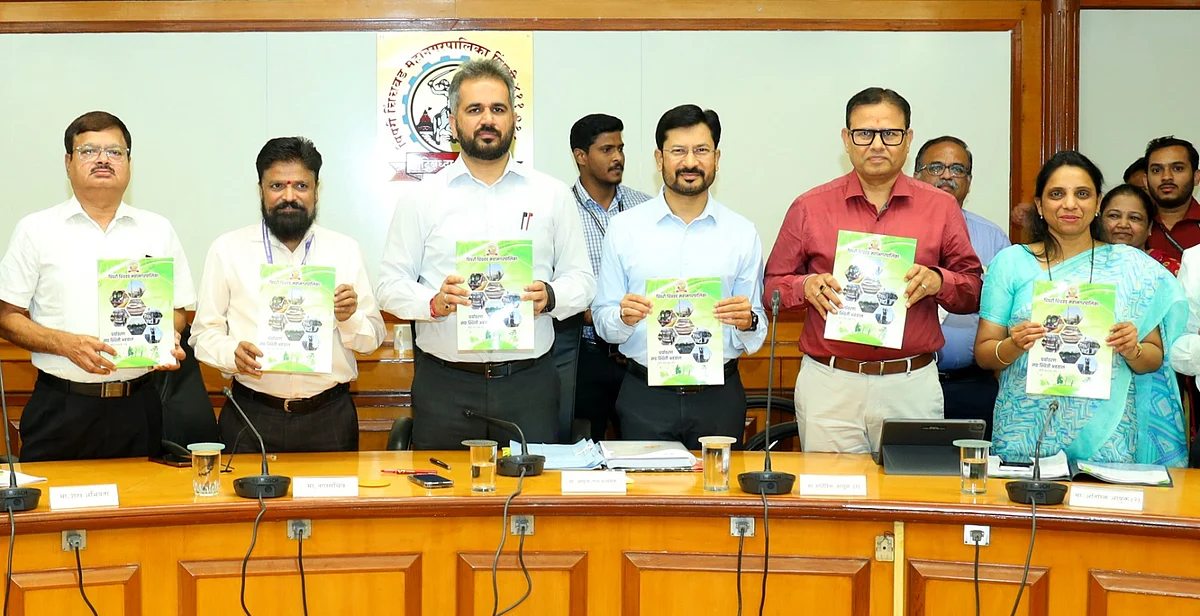Deputy Chief Minister Ajit Pawar emphasised the city's heritage, asserting that both David Sassoon and Jacob Sassoon buildings merit equal preservation efforts. During his inspection of the renovation work at Sassoon Hospital and Civil Court Metro Station, he stressed the importance of renovating the building considering its legacy. In attendance were notable figures such as Pune Collector Dr Rajesh Deshmukh, Sassoon Hospital's deen Dr Shekhar Pradhan, MahaMetro's Managing Director Brijesh Dixit, General Manager Rajendra Patil, and others.
Pawar underlined the need for high-quality materials, ensuring neat ceilings, attractive colours, and top-notch electrical and staircase works in the renovation process. He expressed pride in the preservation and conservation of heritage buildings, emphasising the renewal of these structures in a manner befitting their historical significance. Additionally, he assured that ample funds would be allocated for the development and restoration of these special works
At the Civil Court Metro Station, he advocated for installing more notice boards and direction boards to enhance passenger convenience. Pawar urged expedited completion of Metro Bhavan, Civil Court to Swargate underground metro, and Ramwadi to Ruby Hall metro projects. Dr Dixit provided updates on the progress of the metro station's work.

Visit to room where Gandhi underwent appendix surgery
During the inspection, Deputy Chief Minister Pawar personally visited the room where Mahatma Gandhi underwent appendix surgery. It was a stormy, January day in 1924. Mahatma Gandhi was brought into the Sassoon Hospital for an operation to remove his appendix.
The room has, among other things, a table, a trolley and some instruments used for Mahatma Gandhi's surgery. also houses a rare painting depicting Gandhi being operated on. Every year on October 2, on Mahatma Gandhi's birth anniversary, the hospital staff offer flowers and garlands are offered at the operation theatre-turned-memorial.
Mahatma Gandhi was taken to Sassoon Hospital from Yerwada jail on January 12, 1924, after he developed acute appendicitis.
The government was ready to wait for Indian doctors to arrive from Mumbai. But just before midnight, British surgeon Col. Maddock informed Mahatma Gandhi that he would have to operate immediately and the latter consented.
While the operation theatre was being readied for the surgery, VS Srinivasa Sastri, head of the Servants of India Society, and Dr Phatak, Mahatma Gandhi's friend, were summoned at his request.











